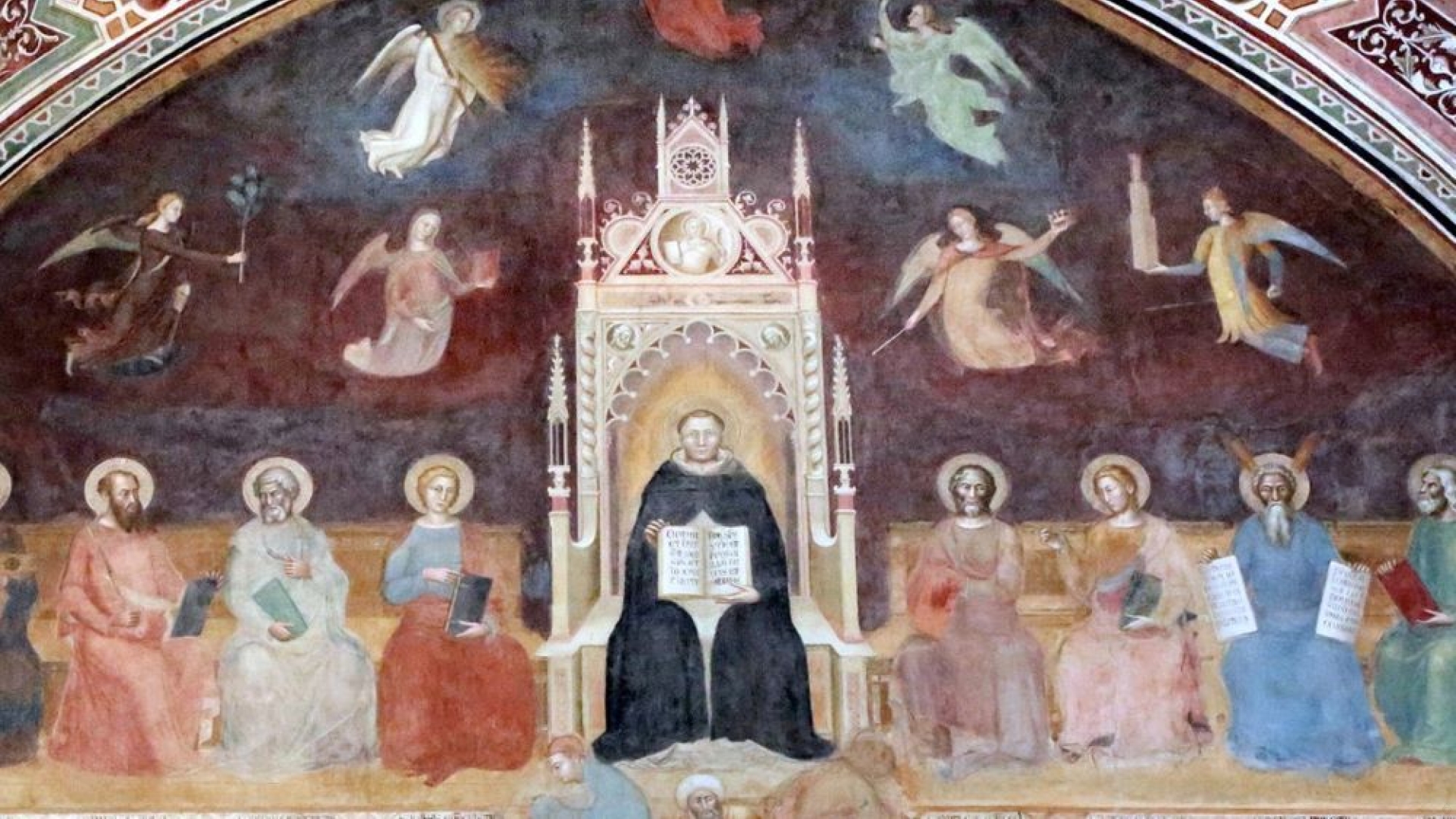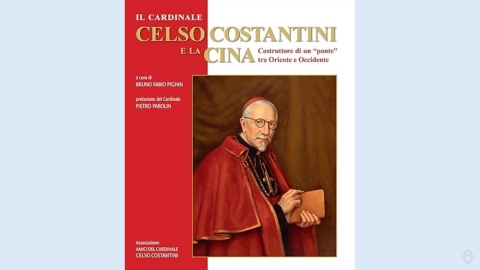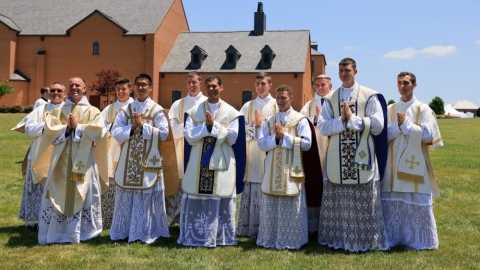The Gifts of the Holy Ghost (3): The Gift of Wisdom

The Triumph of Catholic Doctrine, personified in St. Thomas Aquinas
While the Church and her children celebrate the outpouring of the Holy Ghost during this octave of Pentecost, FSSPX.News offers an opportunity to discover a little better these seven gifts granted by God’s goodness to our souls in order to sanctify them. After meditating on the gift of understanding, we continue with the gift of wisdom.
St. Thomas first makes a connection between the gift of wisdom and the intellectual virtue of the same name, which judges things by supreme causes: this is why he asserts that it belongs to the gift of wisdom to judge--as does virtue.
But while the virtue of wisdom accomplishes this judgment through acquired knowledge, the gift of wisdom enables one to judge in a right manner by virtue of the particular motion by which the soul united to God promptly follows the inspiration of the Holy Ghost, and according to a certain connaturality with divine things, as well as a certain experiential “taste” of these things.
And so, the gift of wisdom knows the supreme causes through an interior experience of God and spiritual realities. It thus possesses a certain affinity to divine things and to divine causes and reasons. But these are not known in themselves--this is reserved for Heaven--but through a connaturality and an intimate union.
Let us then say that the way in which the gift of wisdom reaches the supreme cause--which is God--is through the experiential knowledge that the soul possesses of Him, as He is united to us, as He dwells in the soul which is in the state of grace, and as He gives Himself to us.
Through affection, intelligence perceives that what is experienced in affection is higher and more excellent than any consideration of faith: which leads to a new way of being known--namely, as united to the subject and experienced through him.
To What Does the Gift of Wisdom Extend?
The gift of wisdom judges everything belonging to faith. St. Thomas interprets these words of the Apostle: “the spiritual man judgeth all things” (I Cor. 2:15) about the gift of wisdom. Thus, this gift concerns the same truths as theological faith, but it reaches them through a sort of explicit contemplation, whereas faith suggests them in a shrouded and more or less obscure way.
This is why the Aquinas concludes: “this gift mainly concerns divine things, and through them he can judge all others.” This is why the gift of wisdom also extends to human things, in both a speculative way and a practical way.
This “science,” this mystical and affective wisdom, is called the science of saints, because it only resides in one who receives it from God, and this wisdom does not dwell in souls of bad will. This is why the gift of wisdom is supremely contemplative, both here below, where it is regulated by faith, and in Heaven, where it is regulated by the Beatific Vision.
According to John of St. Thomas, The Gifts of the Holy Ghost
(Source : MG – FSSPX.Actualités)
Illustration : Flickr / Jean Louis Mazieres (CC BY-NC-SA 2.0 Deed)





